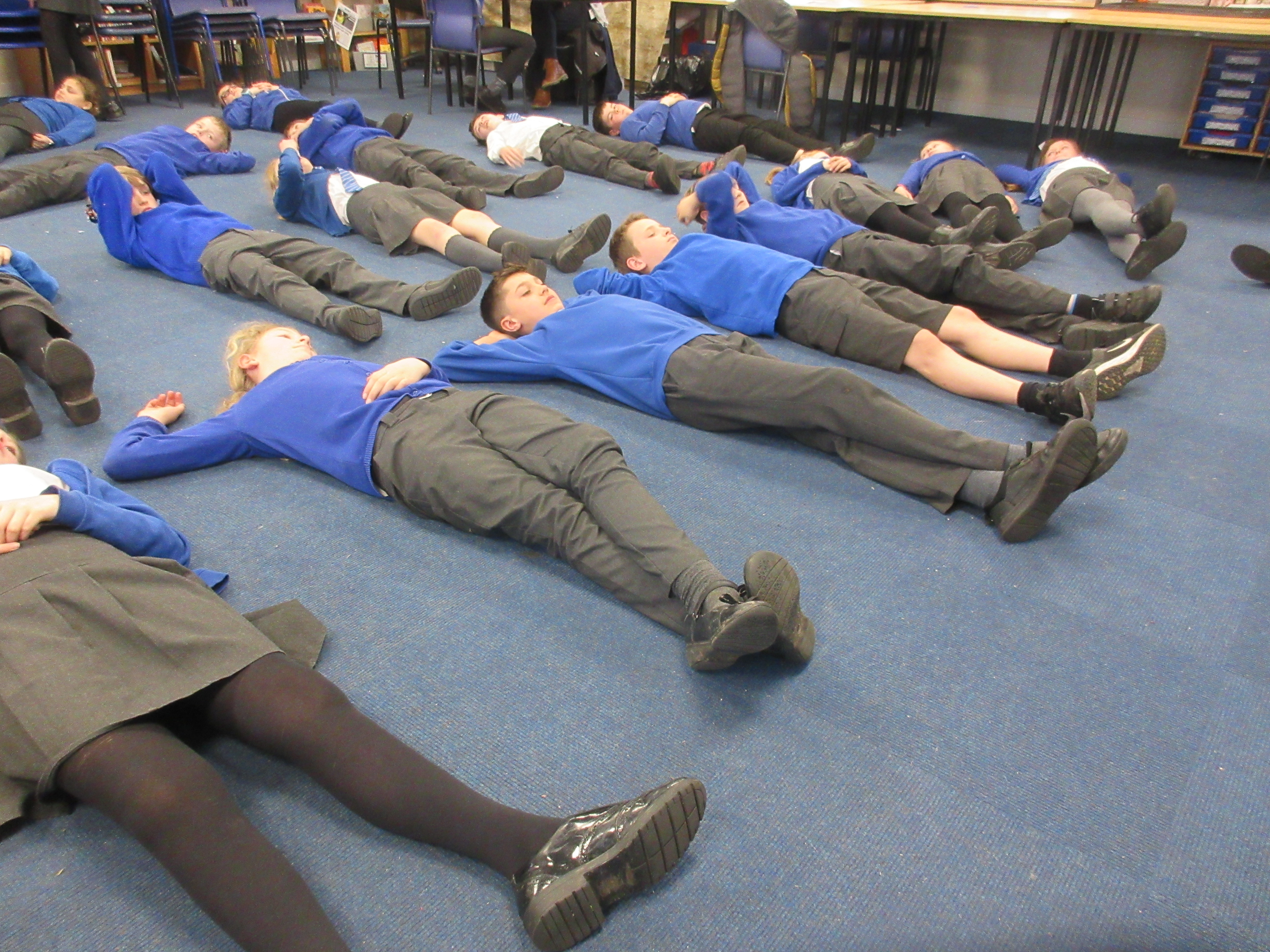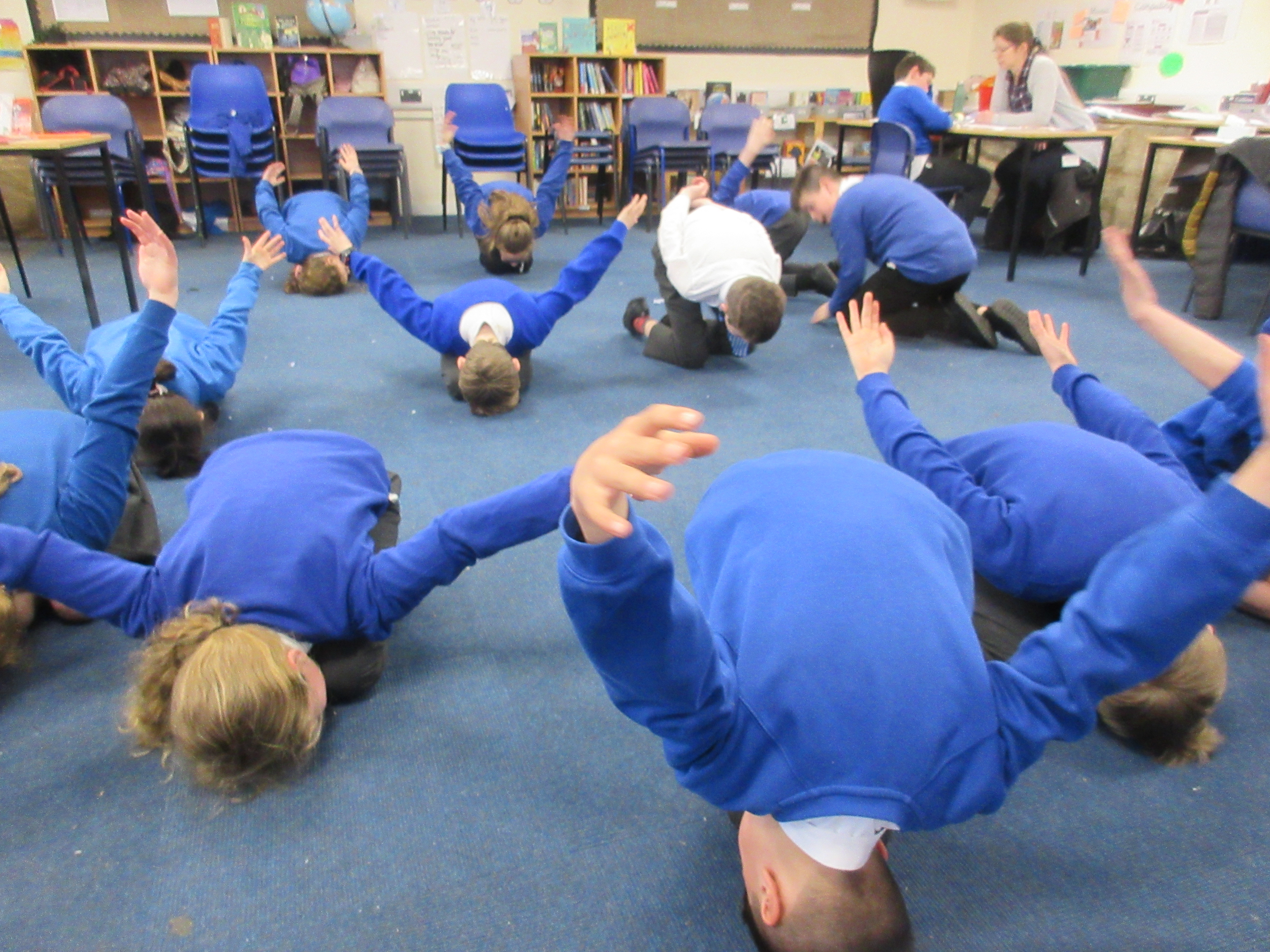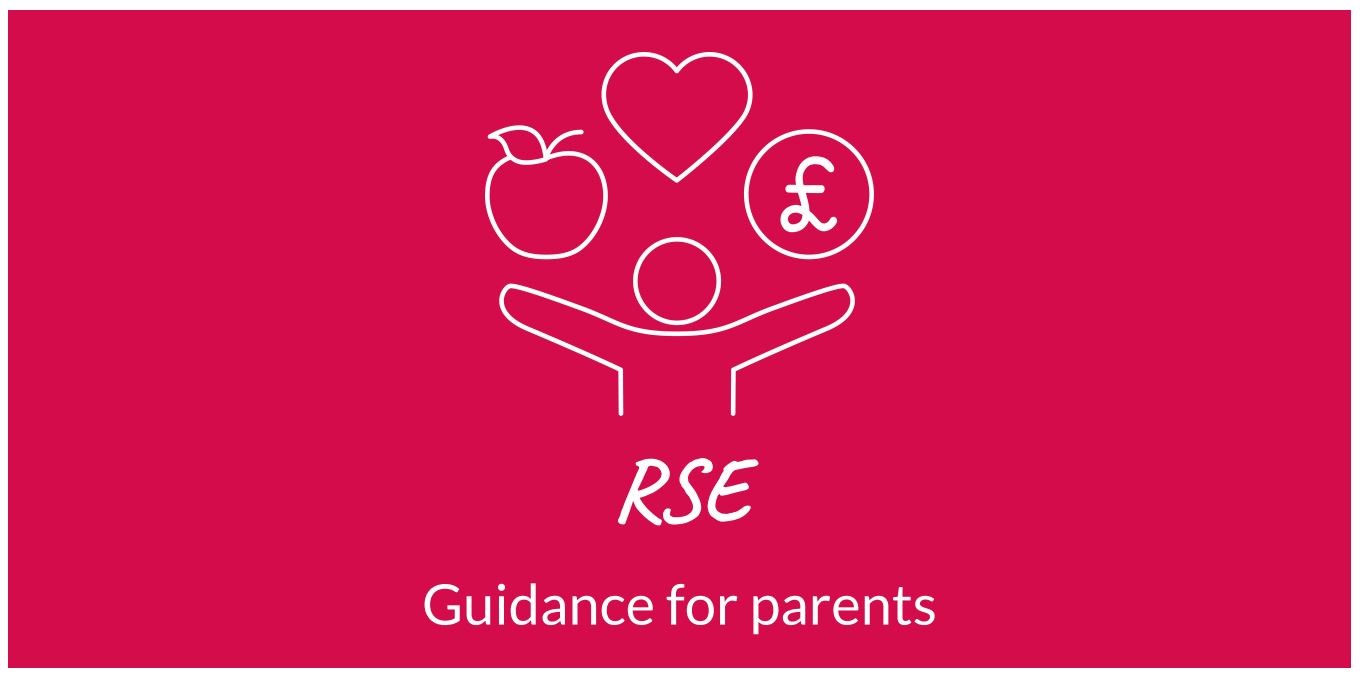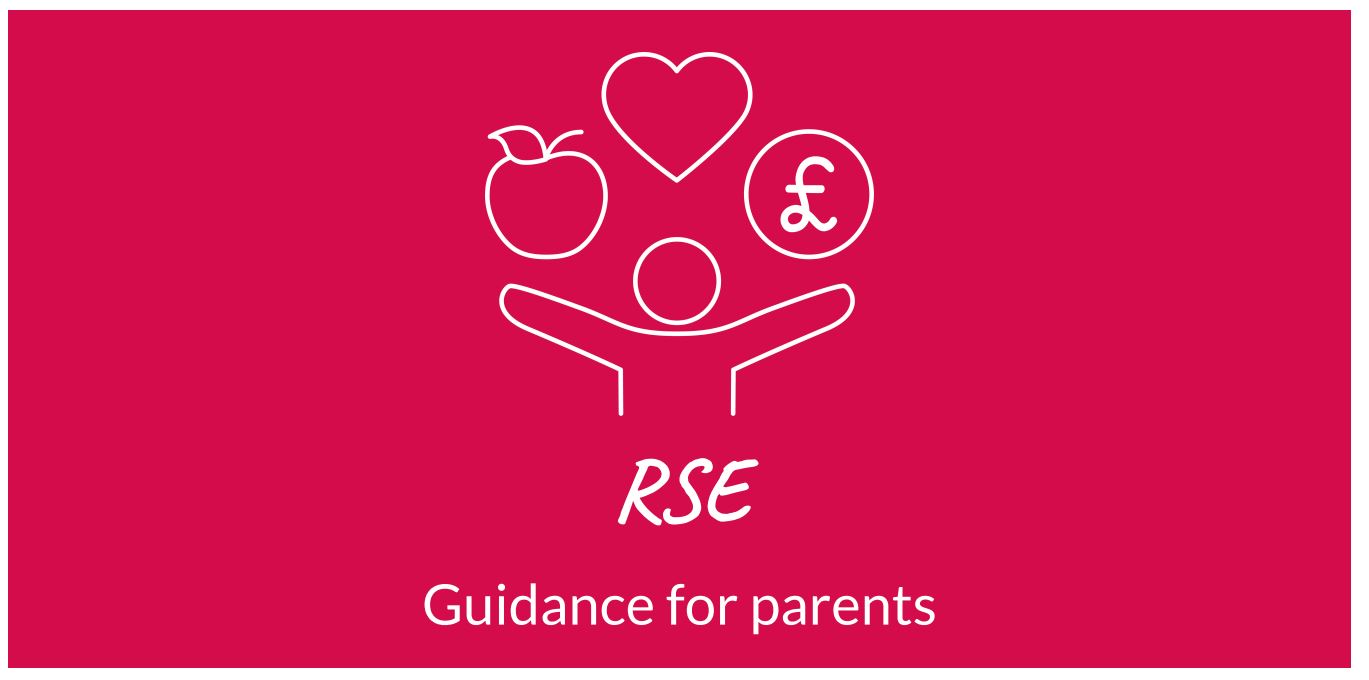Relationship and Sex Education Curriculum Statement
Intent
 Our curriculum sets out: the significant and key knowledge that pupils should know and remember as well as the skills that the children will develop and build on; the key concepts that children will return to in different contexts and year groups; the prior learning that the children can build on; the vocabulary that will be introduced as well as the sequencing and progression of the units to be taught.
Our curriculum sets out: the significant and key knowledge that pupils should know and remember as well as the skills that the children will develop and build on; the key concepts that children will return to in different contexts and year groups; the prior learning that the children can build on; the vocabulary that will be introduced as well as the sequencing and progression of the units to be taught.
The scheme aims to give children the knowledge, skills, and attitudes that they need to effectively navigate the complexities of life in the 21st Century. The curriculum covers key areas which will support children to make informed choices now and in the future around their health, safety, wellbeing, relationships, and financial matters and will support them in becoming confident individuals and active members of society.
Our scheme of work covers the Relationships and Health Education statutory guidance (as set out by the Department for Education), including the non-statutory sex education.
The scheme also covers wider PSHE learning, in line with the requirement of the National curriculum (2014) that schools ‘should make provision for personal, social, health and economic education (PSHE).’
Children’s learning through this scheme would significantly contribute to their personal development as set out in the Ofsted Inspection Framework and promotes the four fundamental British values which reflect life in modern Britain: democracy; rule of law; respect and tolerance and individual liberty.
Quality PSHE and RSE teaching is an important element in helping schools to carry out their duty of care with regards to safeguarding. The DfE’s statutory ‘Keeping Children Safe in Education’ guidance states that ‘Governing bodies and proprietors should ensure that children are taught about safeguarding, including online safety. Schools should consider this as part of providing a broad and balanced curriculum’.
Implementation
Our scheme is a whole school approach that consists of five areas of learning:
- Families and relationships
- Health and wellbeing
- Safety and the changing body
- Citizenship
- Economic wellbeing
Each area is revisited every year to allow children to build on prior learning. The lessons also provide a progressive programme.
The lessons are based upon the statutory requirements for Relationships and Health education, but where our lessons go beyond these requirements (primarily in the Citizenship and Economic wellbeing areas) they refer to the PSHE Association’s Programme of Study which is recommended by the DfE.
The scheme supports the requirements of the Equality Act through direct teaching, for example learning about different families, the negative effect of stereotypes and celebrating differences, in addition to the inclusion of diverse teaching resources throughout the lessons.
A range of teaching and learning activities are used and are based on good practice in teaching RSE/PSHE education to ensure that all children can access learning and make progress. In each year group, an introductory lesson provides the opportunity for children and teachers to negotiate ground rules for the lessons. These introductory lessons can then be referred to throughout the year to help create a safe environment. All lessons include ideas for differentiation to stretch the most able learners and give additional support to those who need it. Many lessons, stories, scenarios, and video clips provide the opportunity for children to engage in real life and current topics in a safe and structured way. Role-play activities are also included to help children play out scenarios that they may find themselves in.
There are meaningful opportunities for cross-curricular learning, in particular with Computing for online safety and Science for growing, nutrition, teeth, diet and lifestyle. The scheme provides consistent messages throughout the age ranges including how and where to access help.
Impact
The impact of children’s progress and their ability to know more and remember more will be visible through a range of methods. These may include end of unit assessments or quizzes, hot and cold tasks, spoken responses, progress over time in pupils’ books, extended writing or even an end of unit project.
Each unit of lessons comes with an Assessment quiz and Knowledge catcher. The quiz contains 10 questions, nine of which are multiple-choice and can be used either at the end of the unit or at both the start and the end to help measure progress and identify any gaps in learning. The Knowledge catchers list some of the lesson titles in mind-map or table format and can be used at the start of a unit to see what the children already know and to inform planning, and then pupils can revisit the same version of the Knowledge catcher at the end of the unit to add what else they now know, further demonstrating their progression in learning.
Once taught the full scheme, children will have met the objectives set out within the Relationships and Health Education statutory guidance and can utilise their learning within their daily lives, from dealing with friendship issues to resilience to making healthy choices and knowing where and how to get help when needed.
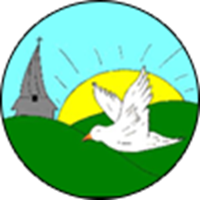

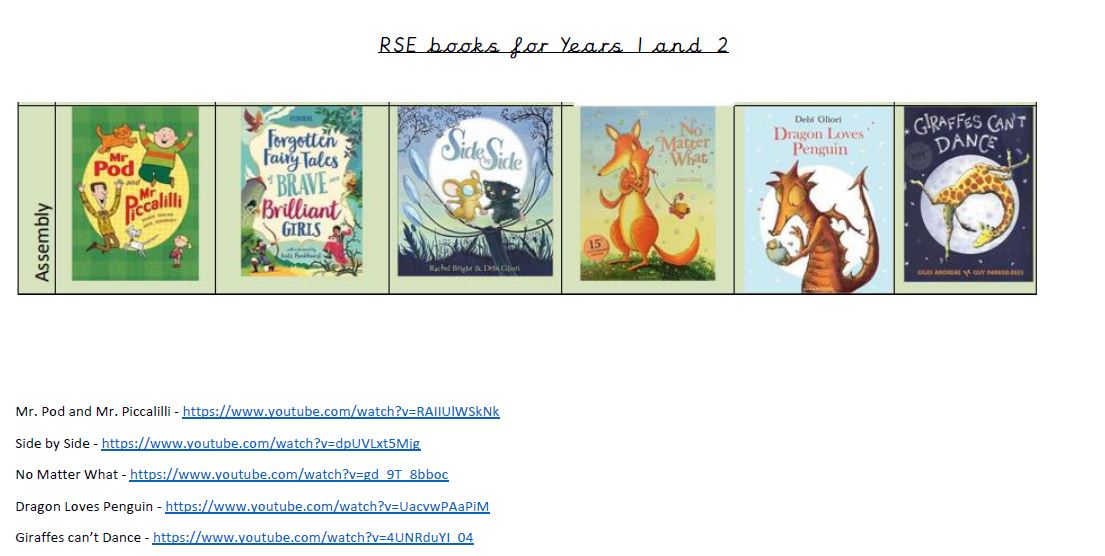
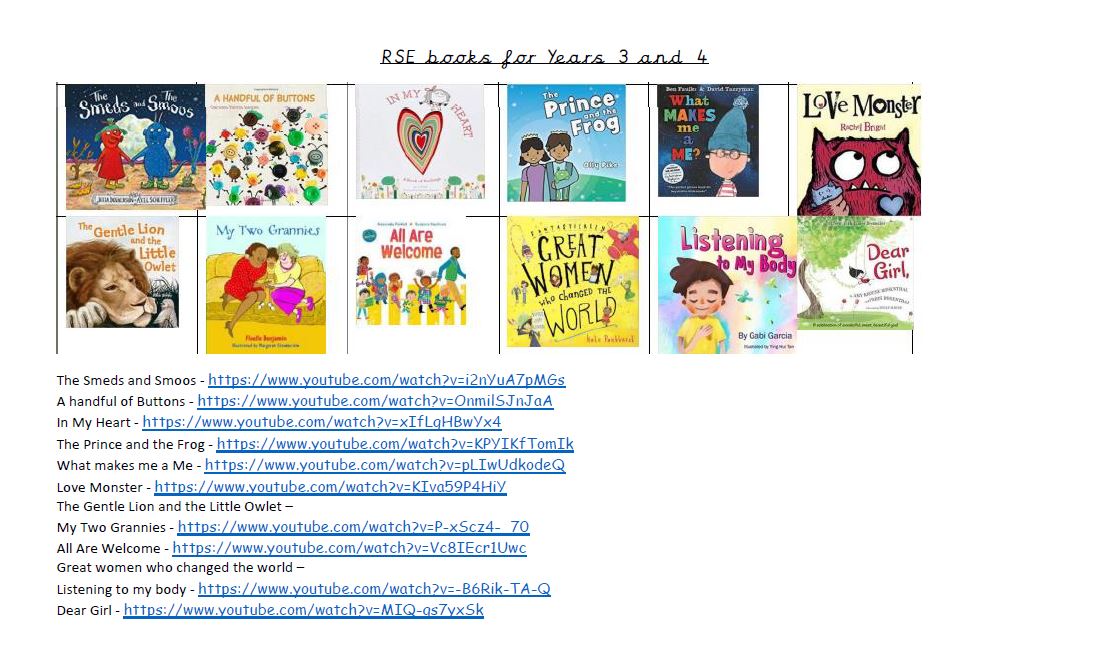
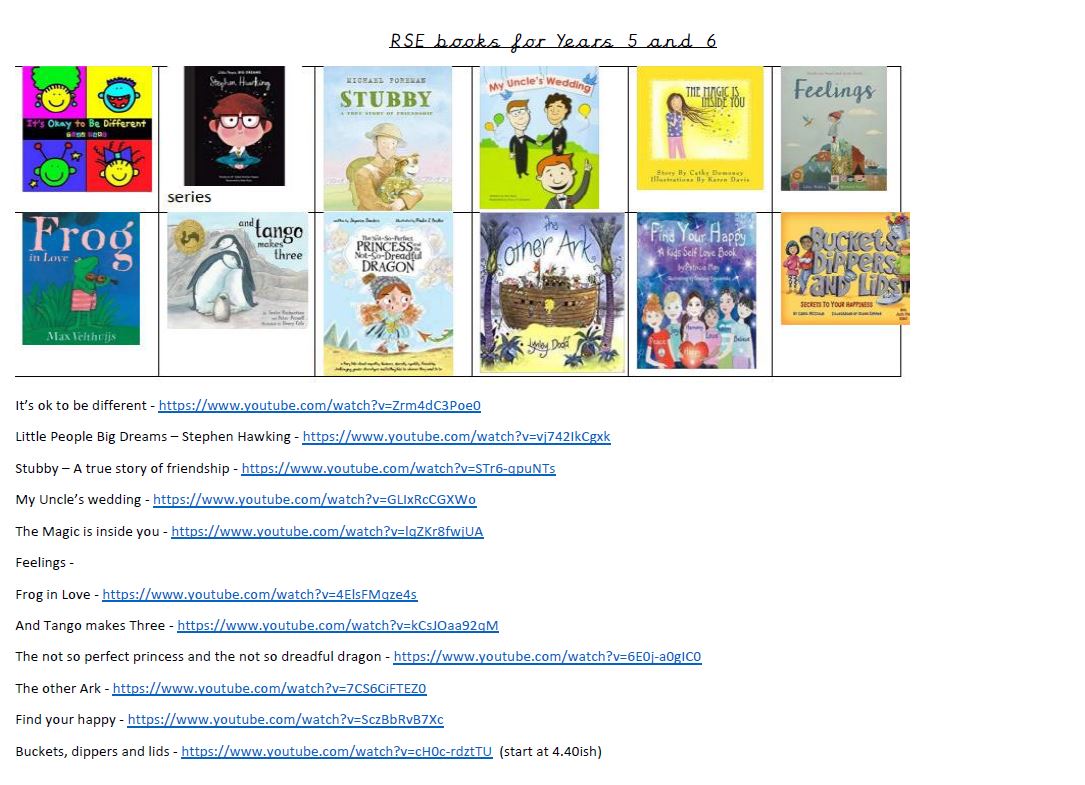
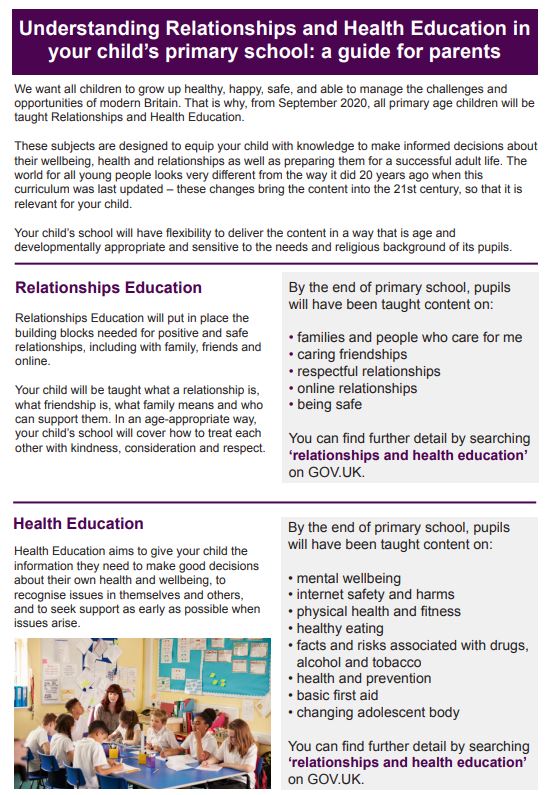
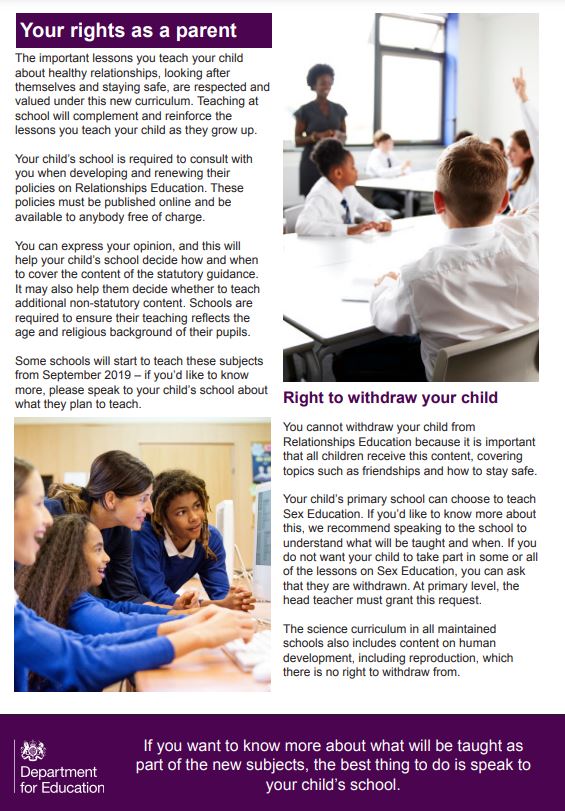
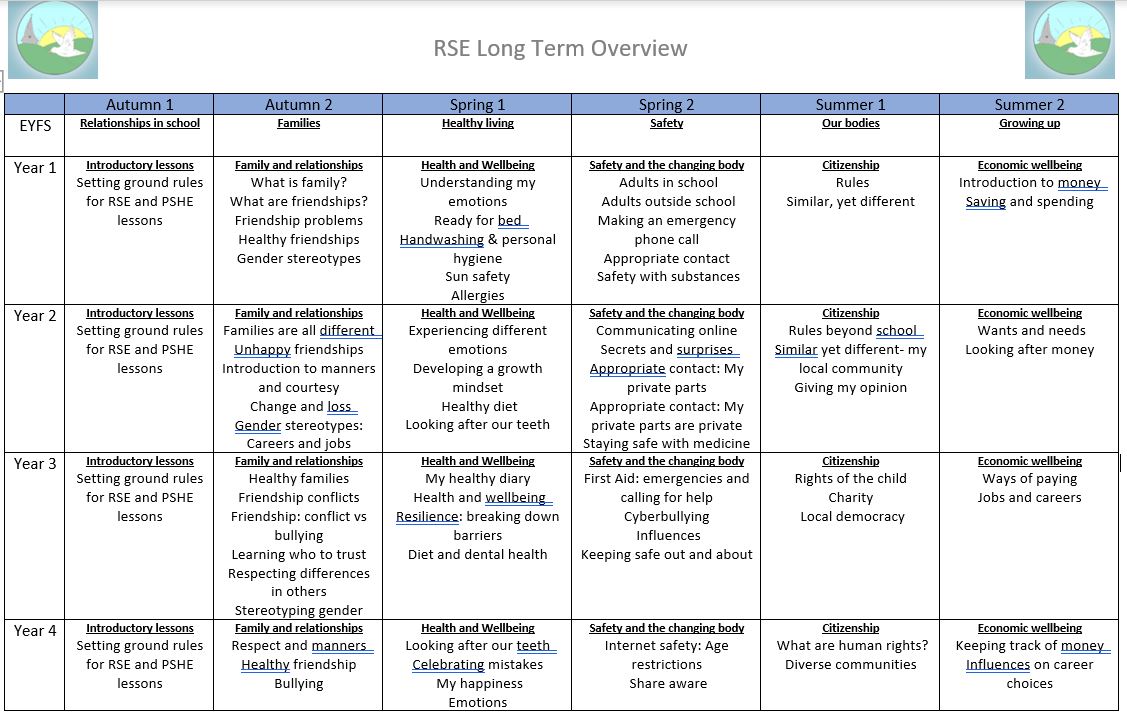
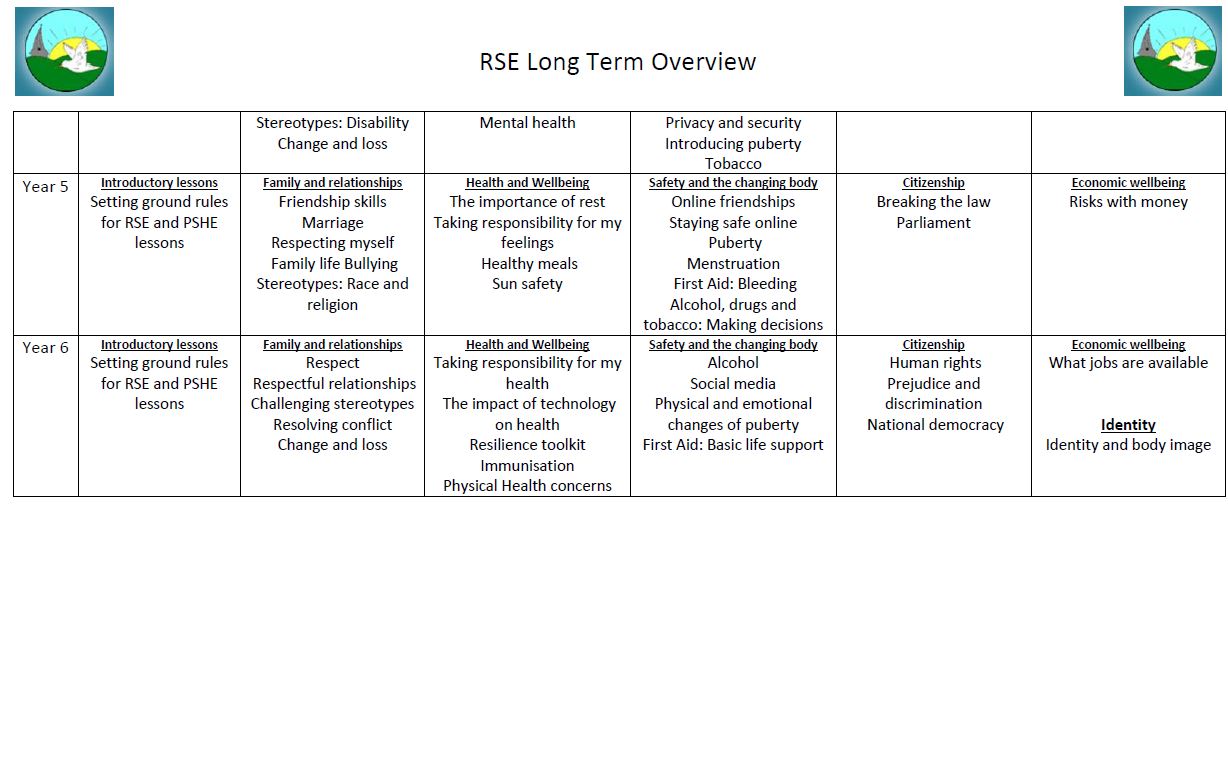
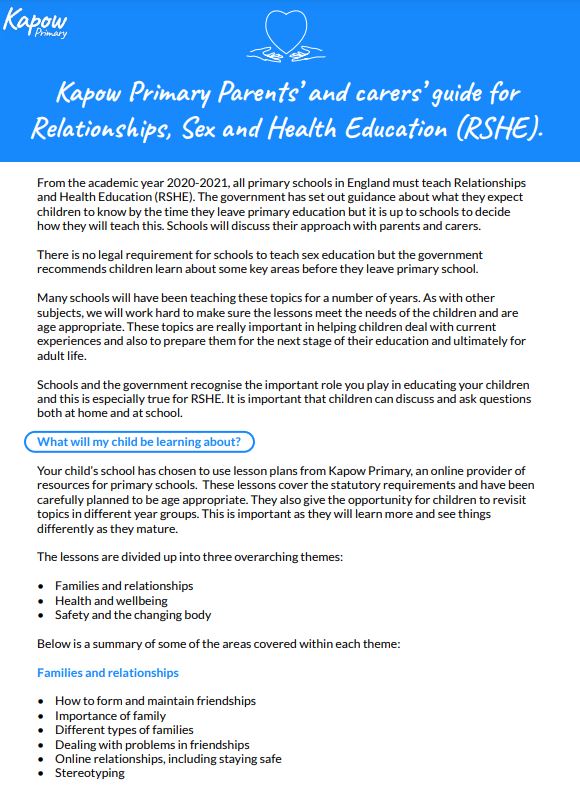
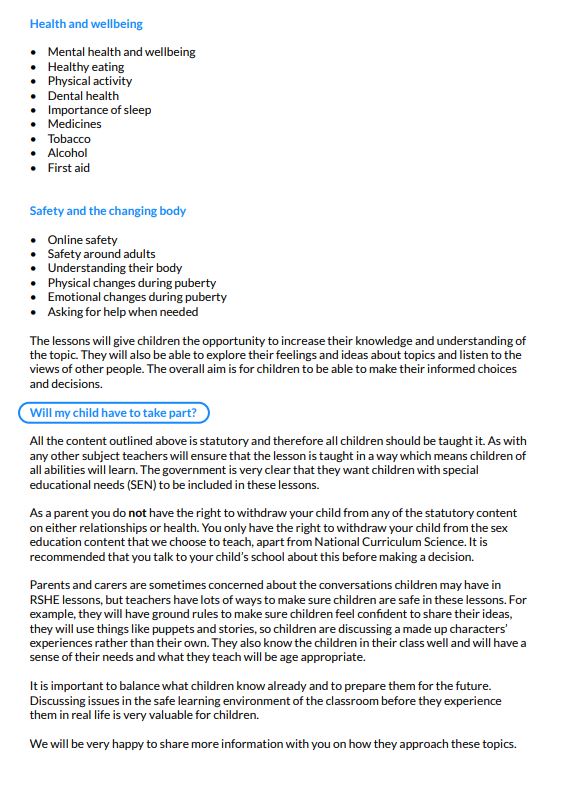
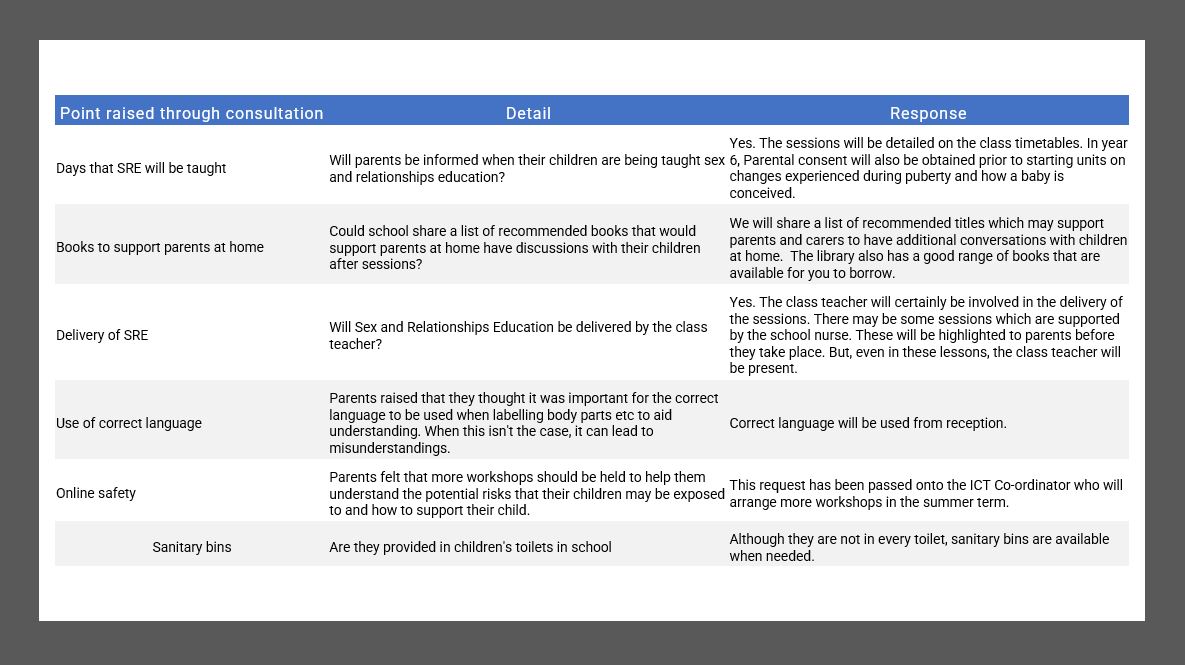
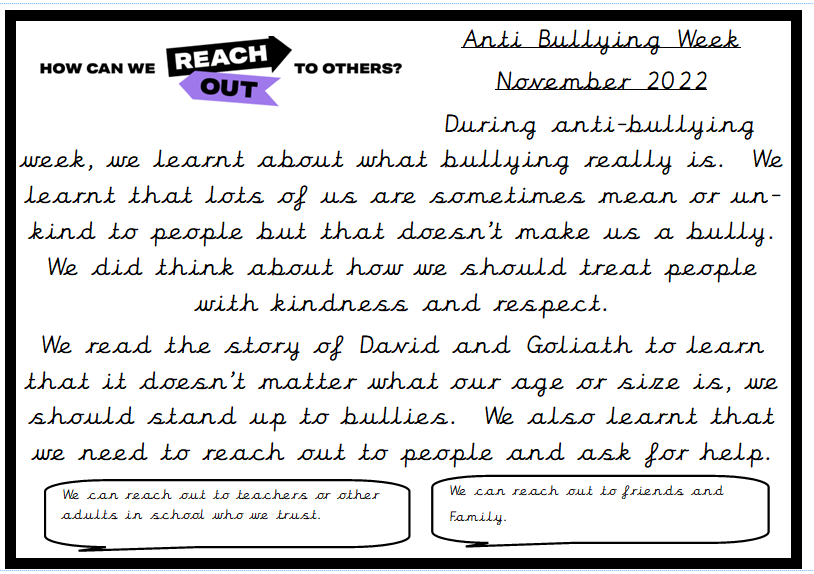
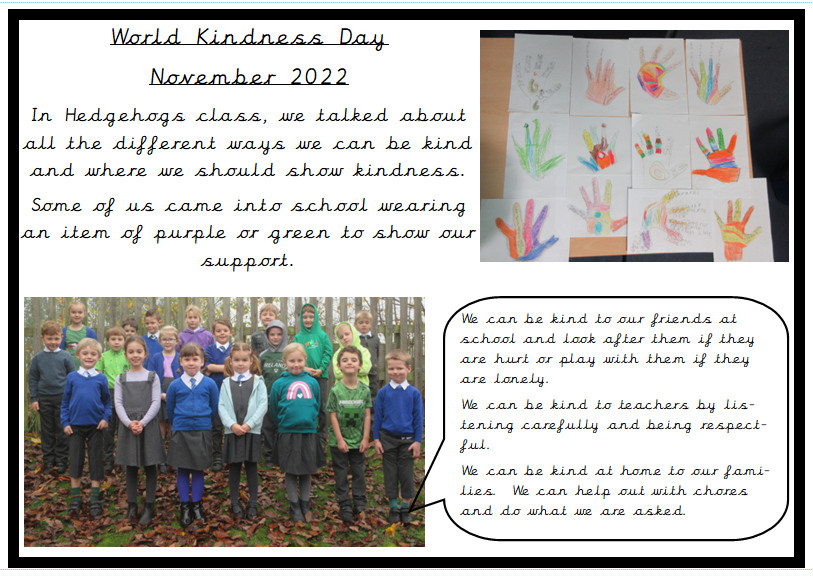
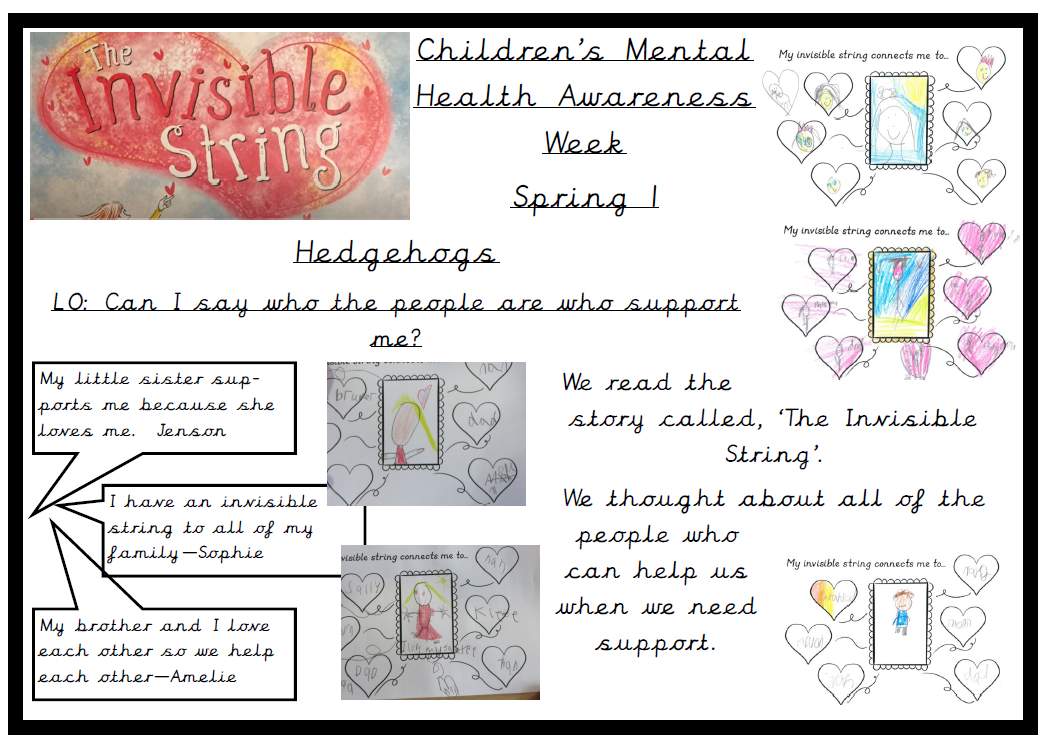
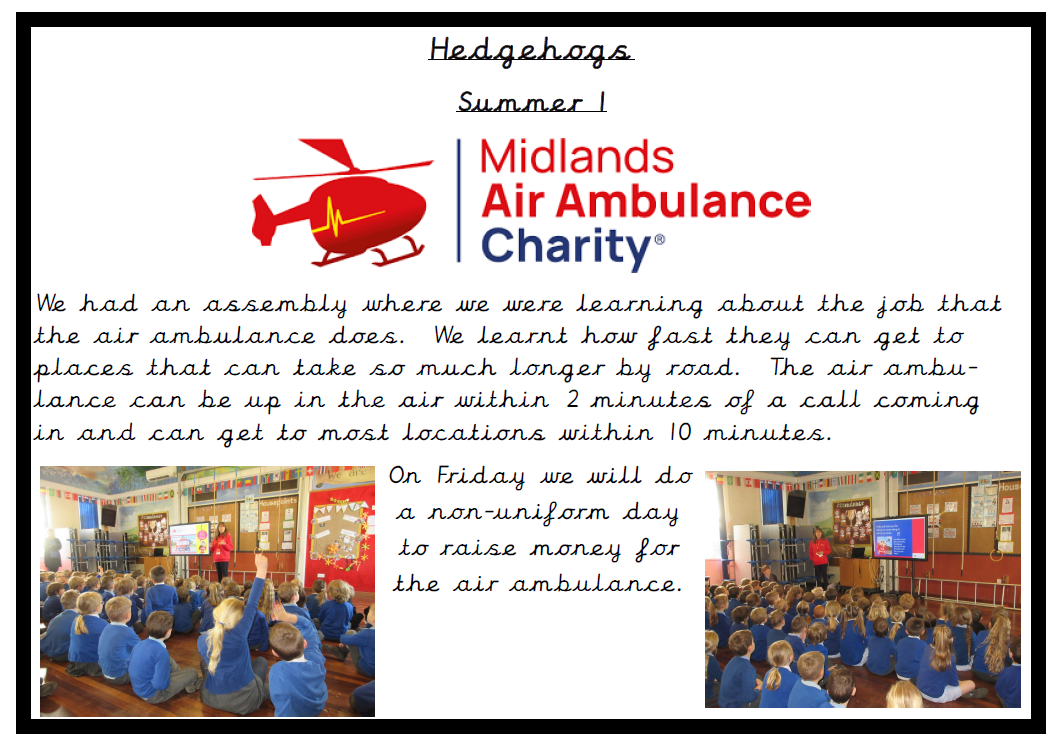





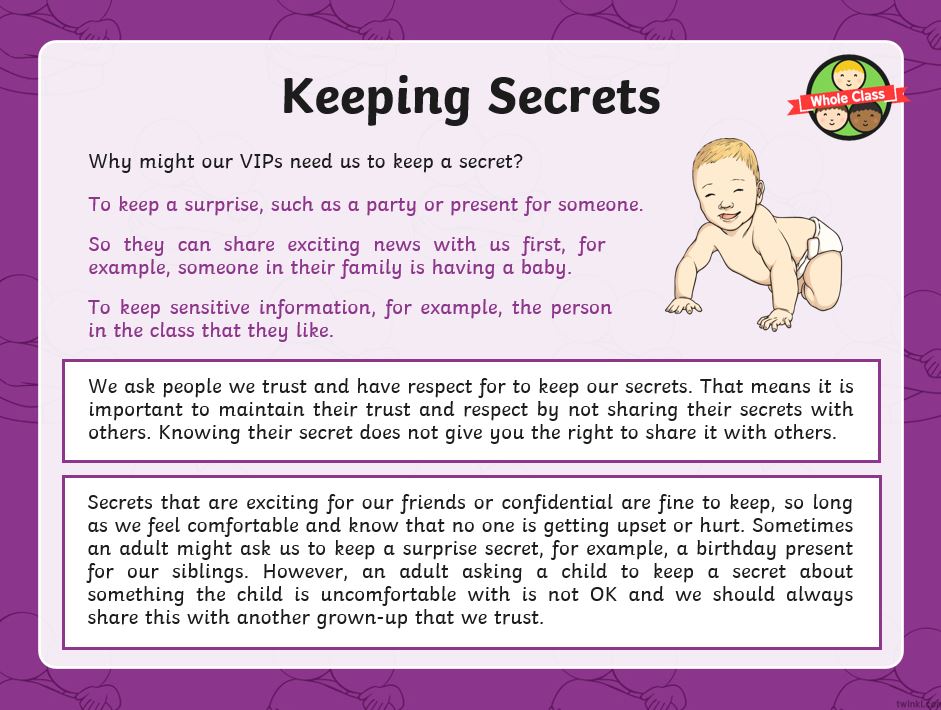
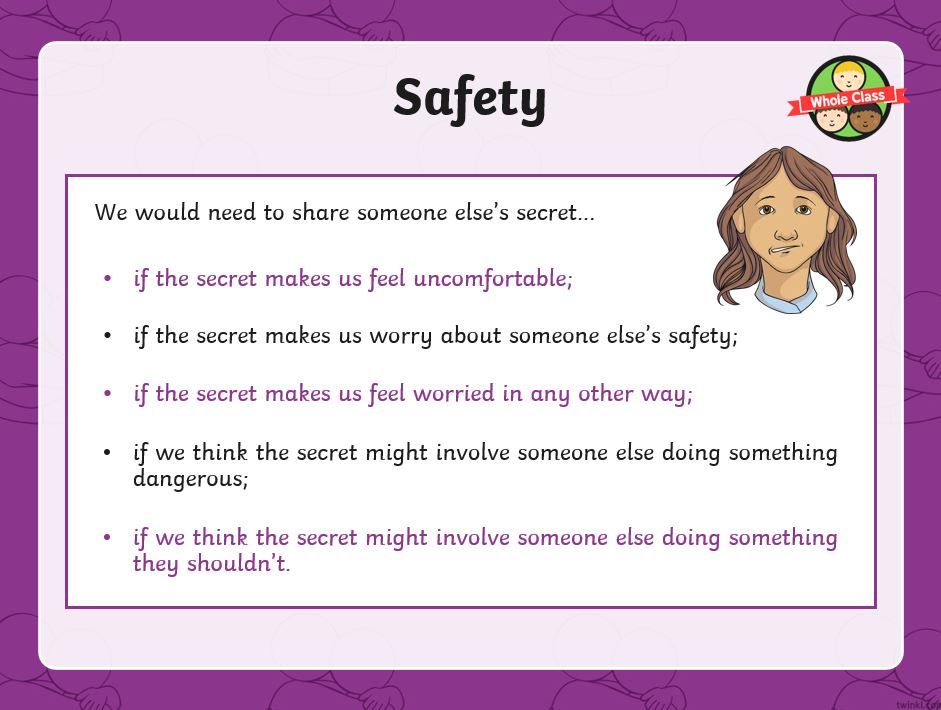




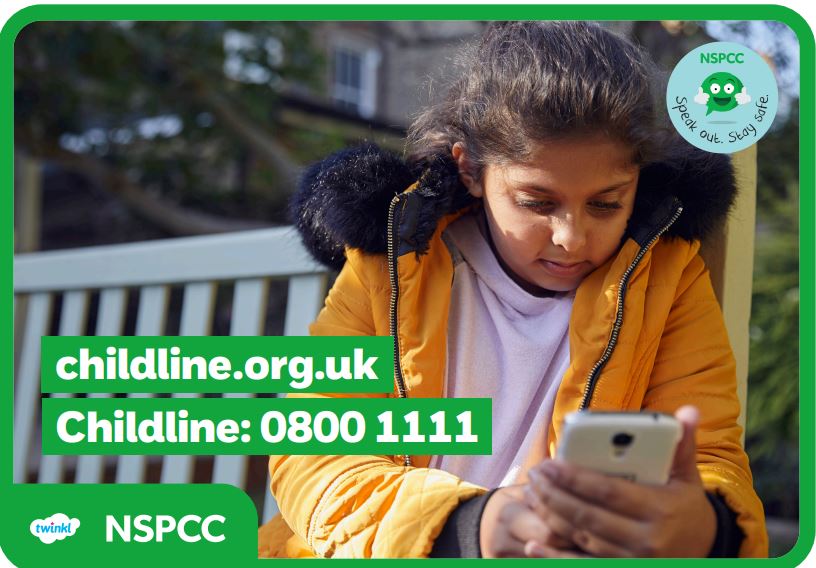
 Click this image to watch the video
Click this image to watch the video

